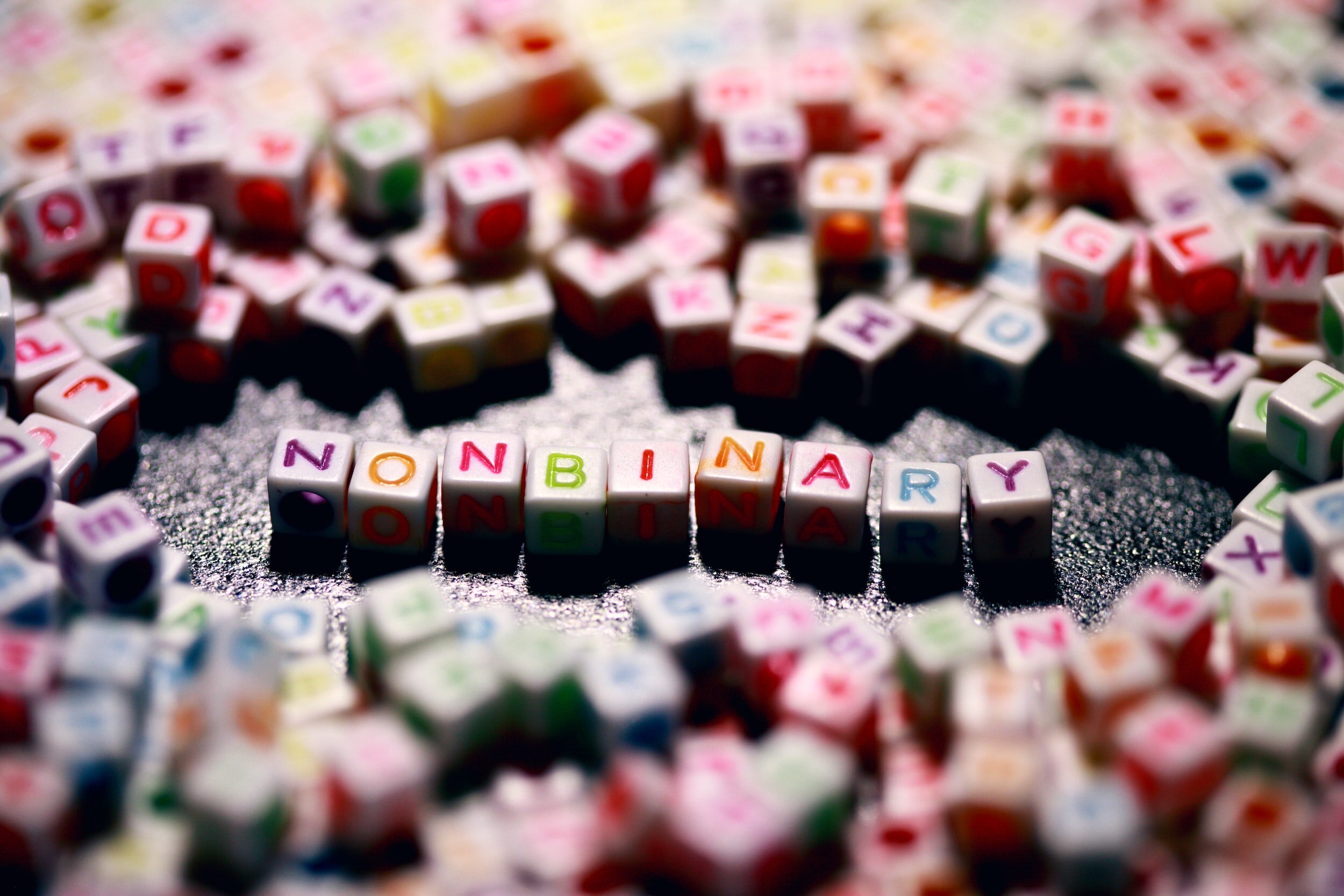How To Cope With Living In A Non-Affirming Environment as an LGBTQIA+ Person
Coming out as an LGBTQIA+ person can be difficult enough. You have to gather the strength and courage to step out and tell the world who you really are, likely after you’ve been living “in the closet” or struggling with your true identity for a while.
Ideally, when you do that, you’ll be surrounded by love and support from family and friends. Unfortunately, that isn’t always the case.
Far too many people have to deal with living in a non-affirming environment as an LGBTQIA+ person. When it feels like you’re “trapped” in your own home with no support, care, or understanding, it can be devastating to your mental well-being.
Thankfully, there is hope, and there are things you can do to cope.
Grow Your Social Circle
It can feel like you’re totally alone when you’re living with a family who doesn’t agree with or even accept your identity. But, it’s important to keep in mind that there are people out there who will love you for exactly who you are.
If you’re not getting the support you need at home, focus on building a healthy social circle. Find local advocacy centers and LGBTQIA+ groups. If there aren’t any in your community, consider looking online and getting involved in different groups there. It’s not the same as connecting with others in person, but it will allow you to see that there are people out there who will support you no matter what.
Practice Self-Care
Disheartening likely doesn’t begin to describe what you’re feeling each day. It’s easy to fall victim to stress, anxiety, and depression when you feel like no one in your family is on your side. That’s why it’s so important to take care of yourself.
Self-care is essential for everyone. But, it’s especially necessary when you’re going through a difficult time or when someone is trying to make you feel like you’re “less” than you really are.
Self-care can boost your self-esteem and self-worth, and help you realize that you can and should feel comfortable in your own skin.
Things like exercising, cooking healthy meals, meditating, or even journaling are all forms of self-care. Prioritize it each day.
Find Your Passions
Getting involved in different hobbies and pursuing new interests are both great ways to cope with living in a non-affirming environment. When you follow a new passion, you’re likely to set goals for yourself. That might include completing a specific project or reaching a milestone.
When you focus on small goals and you’re able to reach them by investing time and energy into them, you’re less likely to focus on the negative things. Plus, the more goals you reach, the more confident you’ll feel in your own identity. You’ll see that you can do difficult things and overcome challenges, and no one will stop you.
Reach Out for Support
Managing your mental well-being is, perhaps, the most important thing you can do as an LGBTQIA+ person. Multiple studies have shown that members of the community are more likely to struggle with mental health issues. Living in an environment where you don’t feel accepted doesn’t help.
If you’re struggling with your mental health, consider reaching out for professional help. Working with an affirming therapist is a great way to learn how to be secure in your identity. Therapy can help you find more healthy ways to cope, and even help you set boundaries with those you live with, so their negative reactions and remarks don’t impact you as much.
The sad reality is that there will always be people who disagree with who you really are. Thankfully, you don’t have to accept that forever. Keep these coping suggestions in mind, and don’t hesitate to look for support. Reach out to me when you are ready to learn more about LGBTQ+ Counseling.
About the Author
Taylor Garff, M.Coun, LCPC, CMHC, LPC, is a licensed therapist with over 10 years of experience helping adults manage anxiety, overwhelm, and identity challenges. He is certified in HeartMath, Safe and Sound Protocol (SSP), and breathwork facilitation. Taylor is the founder of Inner Heart Therapy, where he provides online therapy across multiple states.
